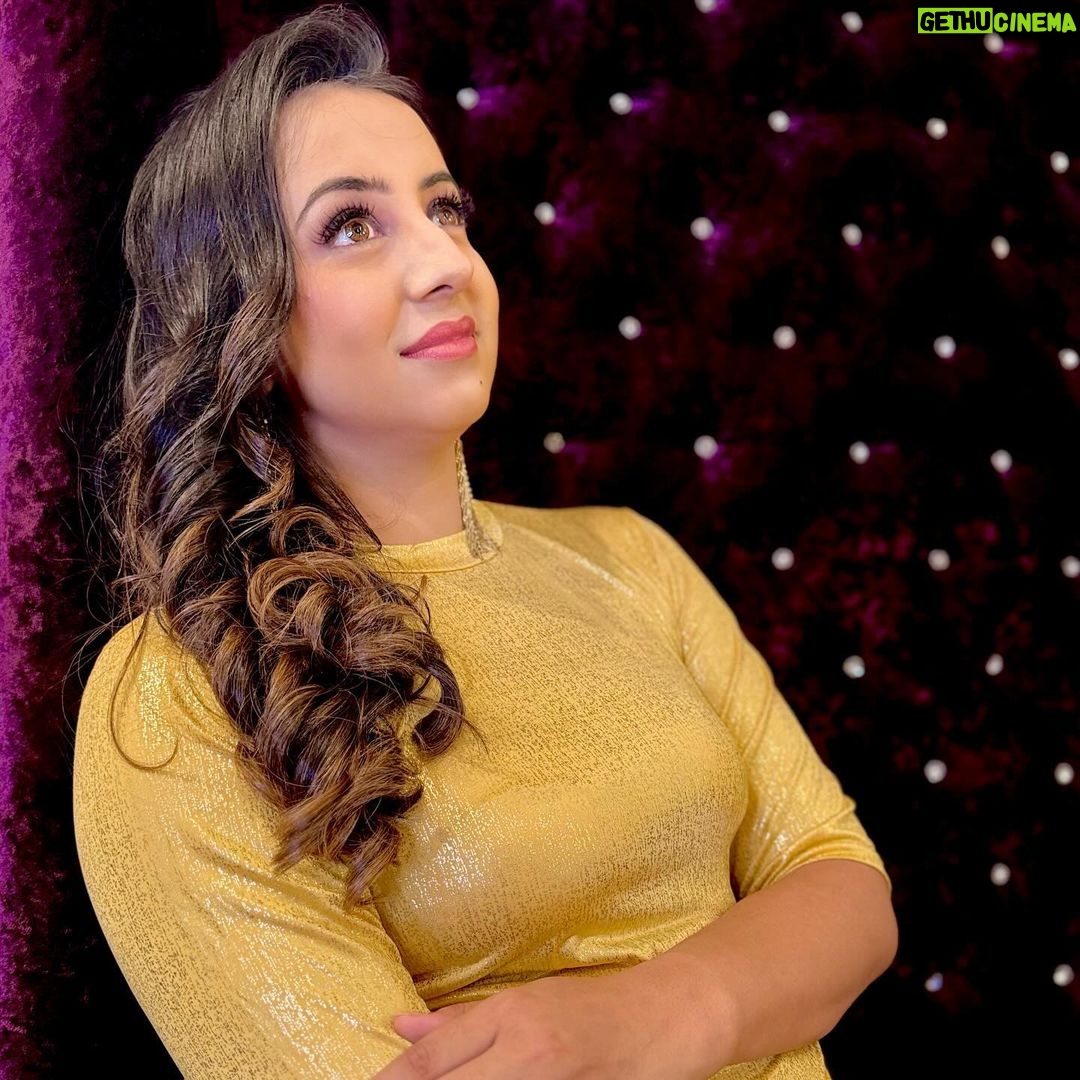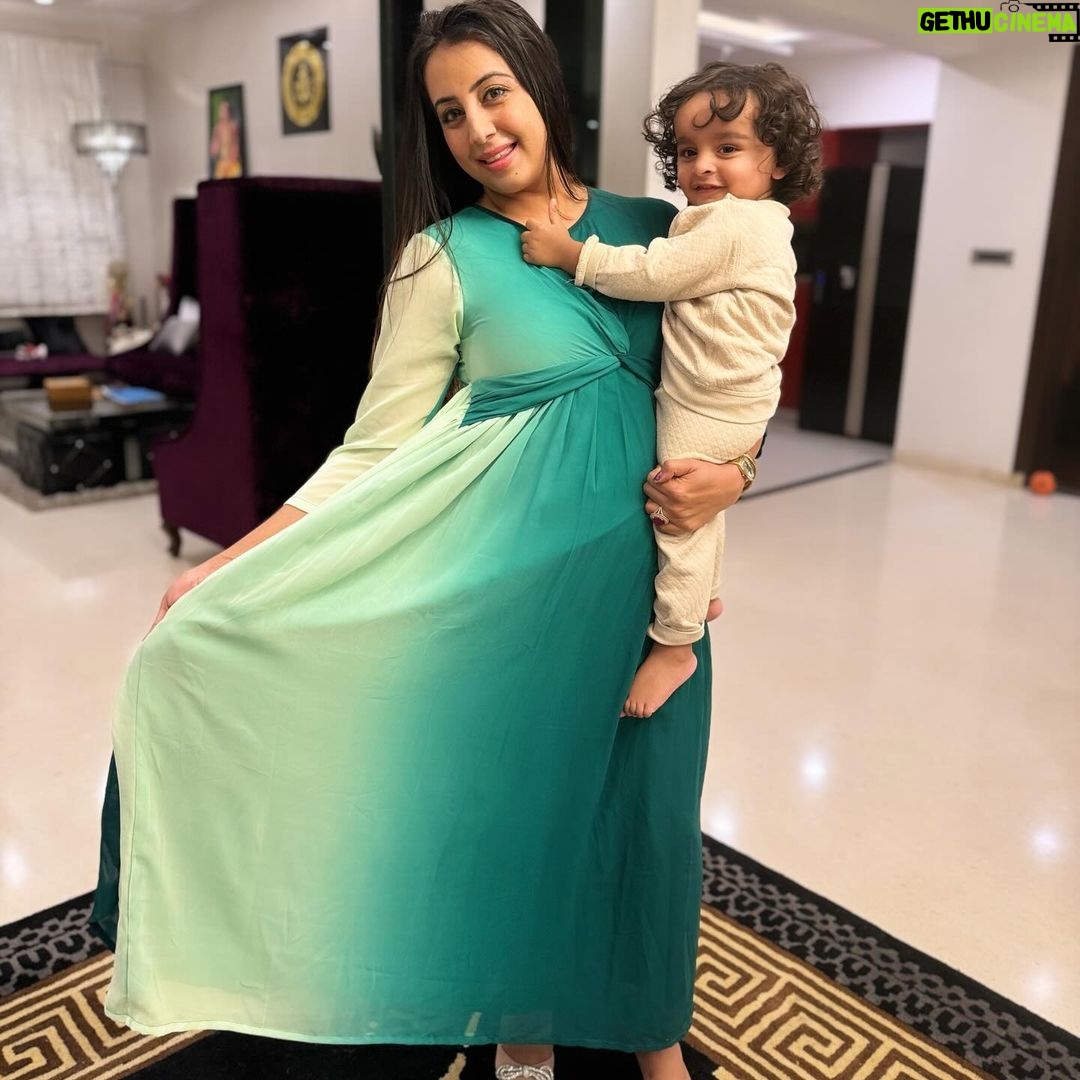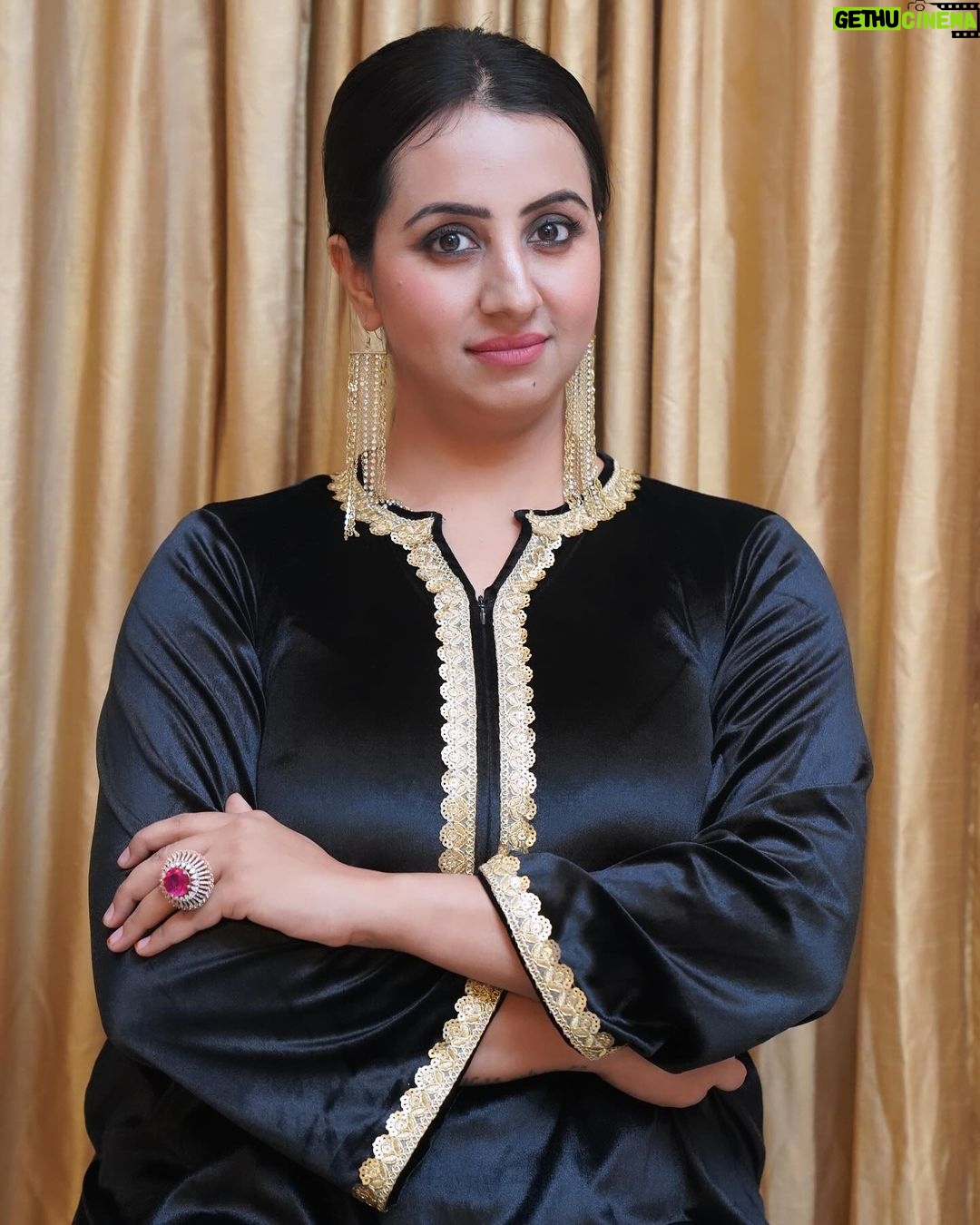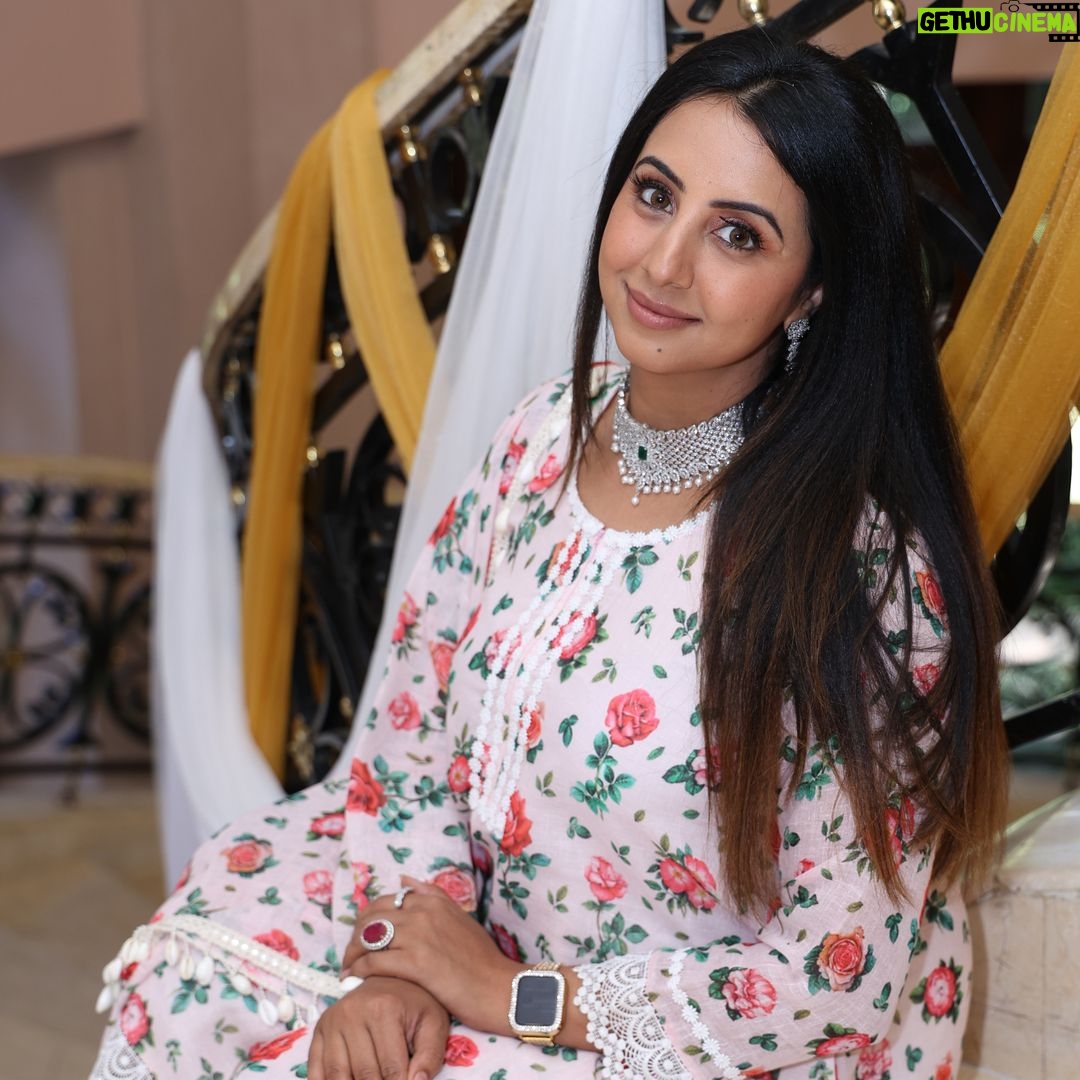Sanjjanaa Instagram – I am delighted to have forged a long term professional partnership in my journey of motherhood with an esteemed maternity brand that holds the top position in #India. @momzjoy
One remarkable aspect is the absence of conventional salwar in their collection. Additionally, they offer elegant ensembles for mothers, which not only accentuate their style but also exude a sophisticated allure. 🌸❤️
Also as im flaunting a western out fit by #momzjoy , i want to share my experience on how I have been questioned by many ? Oh you are still flabby like a fat mom ??? Is it fair for any one to ask ?
Body shaming and motherhood are two topics that intersect in various ways. Body shaming refers to the act of criticizing or making negative comments about someone’s physical appearance, often focusing on aspects like weight, shape, or size. Motherhood, on the other hand, is the state or experience of being a mother.
Unfortunately, mothers often face body shaming due to societal expectations and pressures surrounding postpartum bodies. Women are often expected to quickly “bounce back” to their pre-pregnancy bodies, which can lead to feelings of inadequacy and low self-esteem for many mothers. This pressure can come from various sources, including media, social media, and even personal relationships.
Body shaming can have detrimental effects on a mother’s mental and physical well-being. It can contribute to body image issues, postpartum depression, anxiety, and a range of other negative emotions.
It is essential to challenge societal norms and promote body positivity, especially in the context of motherhood. Mothers should be celebrated for their incredible journey of bringing life into the world, rather than being judged based on their appearance. Supportive communities, educational resources, and positive media representations can all play a role in combating body shaming and promoting a healthier attitude towards postpartum bodies.
Embracing diversity and promoting self-love and acceptance are vital for creating a more inclusive and supportive environment for mothers. ❤️ agree to me ???
Thank you to make me look so wow ❤️
@makeoverby__divya
@magical_makeoverbygayihari. Karnataka, Bangalore | Posted on 08/Feb/2024 09:09:13







